We’re outsourcing our brains to AI, and it’s getting weird. I mean, using ChatGPT to write emails or summarize docs is one thing, but now we’re talking about relying on it for decision-making and creative problem-solving. The potential impact is staggering; we might be creating a generation that can’t think for itself.
Let’s break it down. When we outsource our cognitive functions to machines, we’re essentially dumbing down our own abilities. Think of it like relying on GPS to navigate; at first, it’s convenient, but soon you can’t even remember how to read a map. Now, imagine that on a cognitive level. We’re not just losing the ability to perform tasks; we’re losing the capacity to think critically and creatively.
This isn’t just about individuals; it’s about society as a whole. If we’re all relying on AI to make decisions, we’re homogenizing our thoughts and ideas. It’s like having one giant, global echo chamber. Where’s the innovation in that? Historically, human progress has been driven by diverse perspectives and the ability to think outside the box. AI might be efficient, but it’s not exactly known for its originality.
On the flip side, AI can be a powerful tool for augmenting human intelligence. It can process vast amounts of data, identify patterns, and provide insights that humans might miss. The key is finding a balance—using AI to enhance our abilities without replacing them. Think of it like having a super-smart intern; they can help with grunt work, but you still need to be the one calling the shots.
The real question is, what’s the ripple effect here? If we outsource our brains, are we creating a culture of dependency? What happens when AI is wrong or biased—do we blindly follow, or do we question it? We’re already seeing this with social media algorithms; they’re shaping our opinions and influencing our decisions. Now, imagine that on steroids.
So, what if we’re not just outsourcing our brains, but also our accountability? If AI makes a decision, who takes the fall? The user, the developer, or the AI itself? We’re playing with fire here, folks. As we move forward, we need to be aware of the potential consequences and ensure we’re not sacrificing our autonomy at the altar of convenience.
Ultimately, the real challenge is not just about technology—it’s about us. How do we maintain our humanity in a world where machines are increasingly capable of thinking for us? It’s time to have a serious conversation about the kind of future we want to create. Are we okay with being AI-assisted automatons, or do we want to preserve our capacity for creativity, innovation, and critical thought? The choice is ours, but the clock is ticking. Are we ready to take control of our cognitive destiny, or are we just gonna let the machines decide?
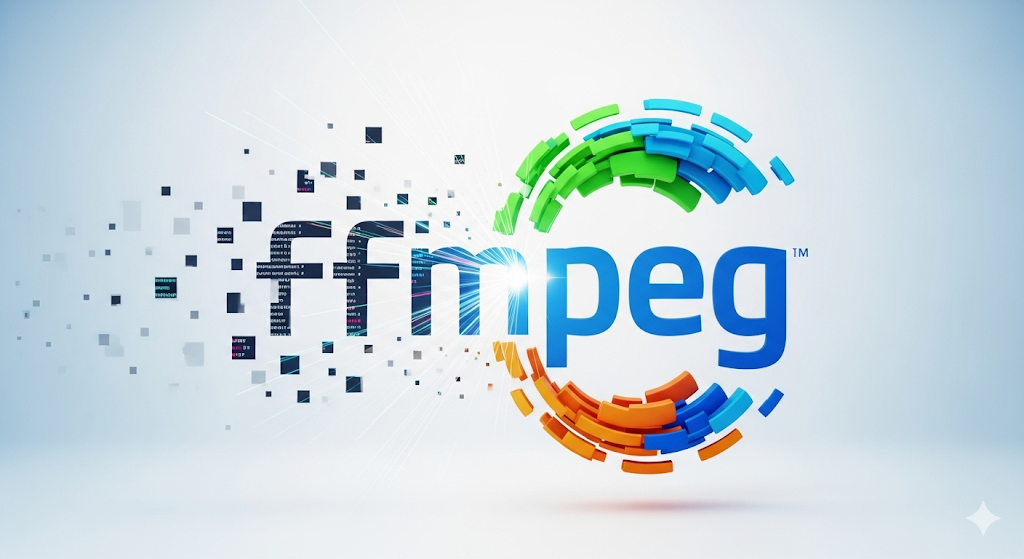
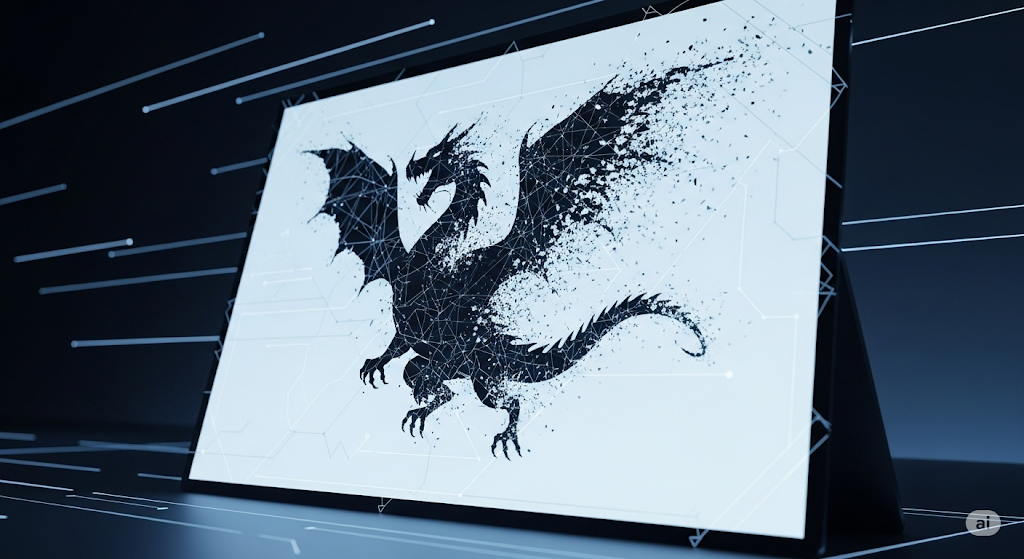

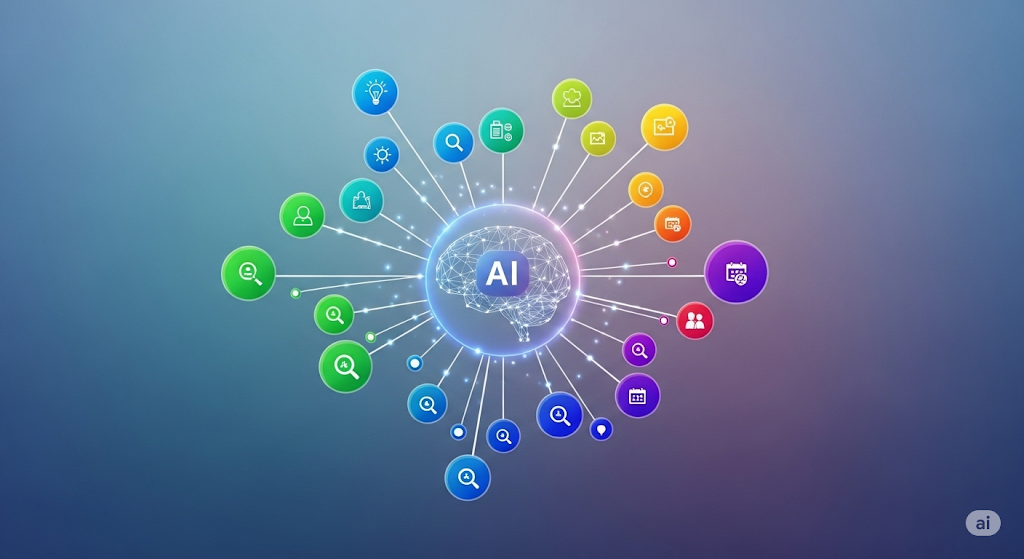
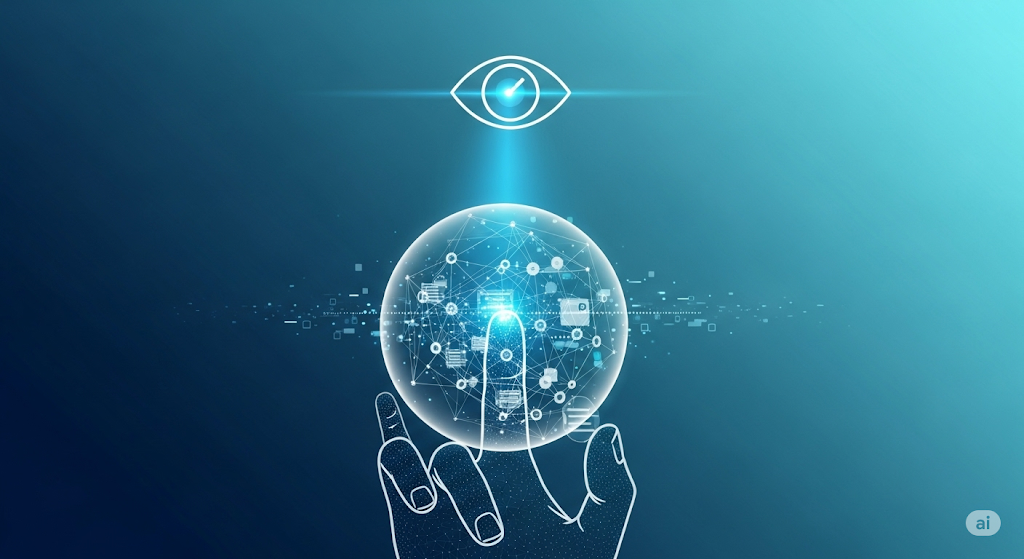
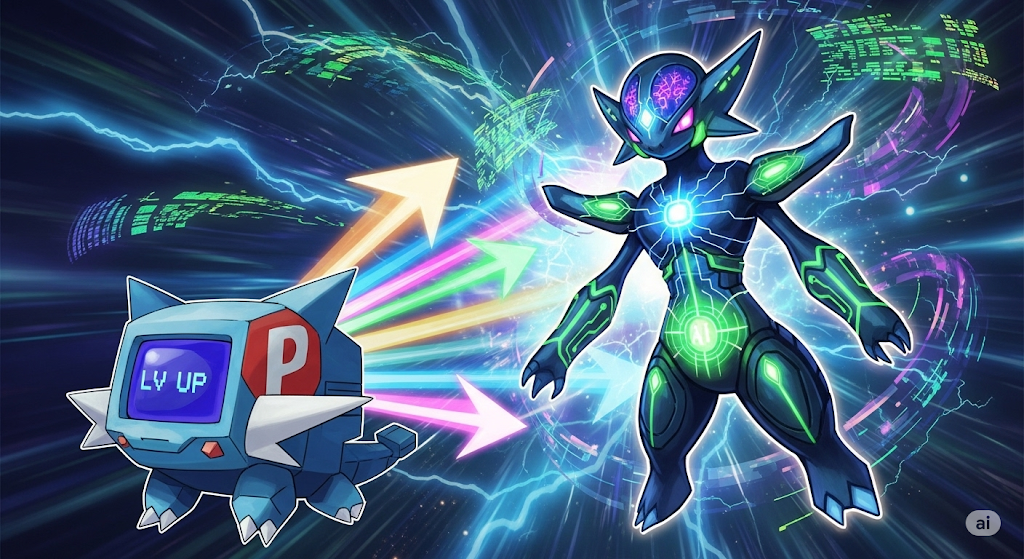
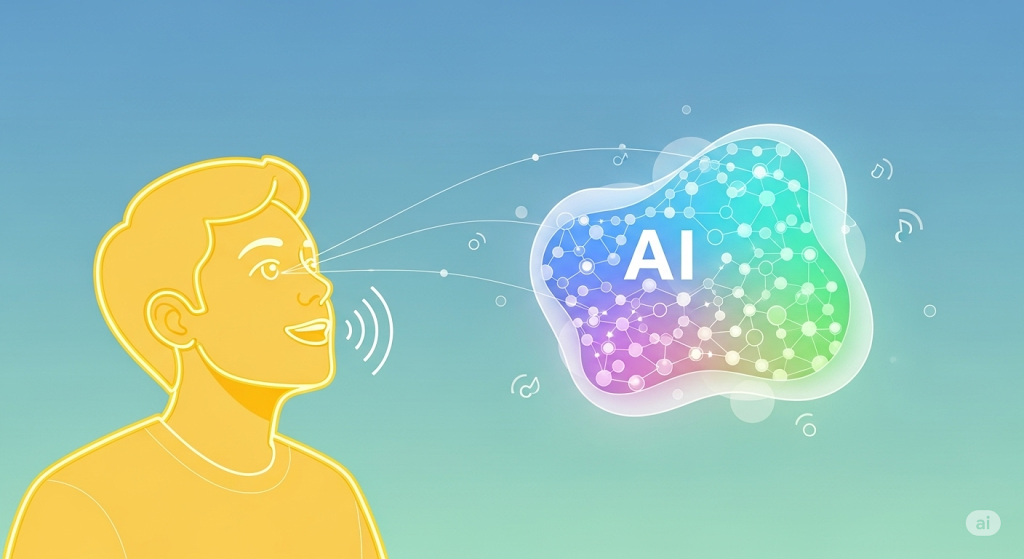
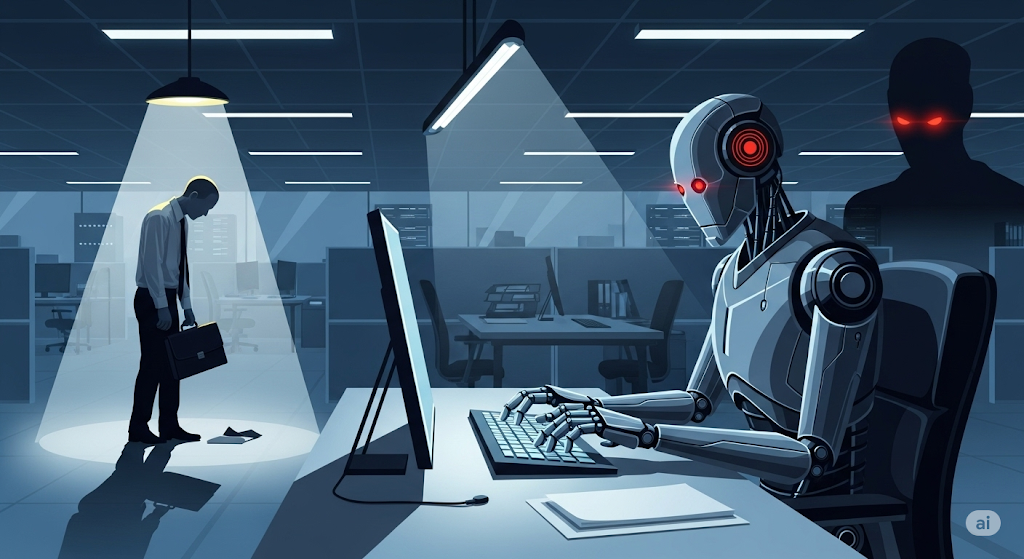
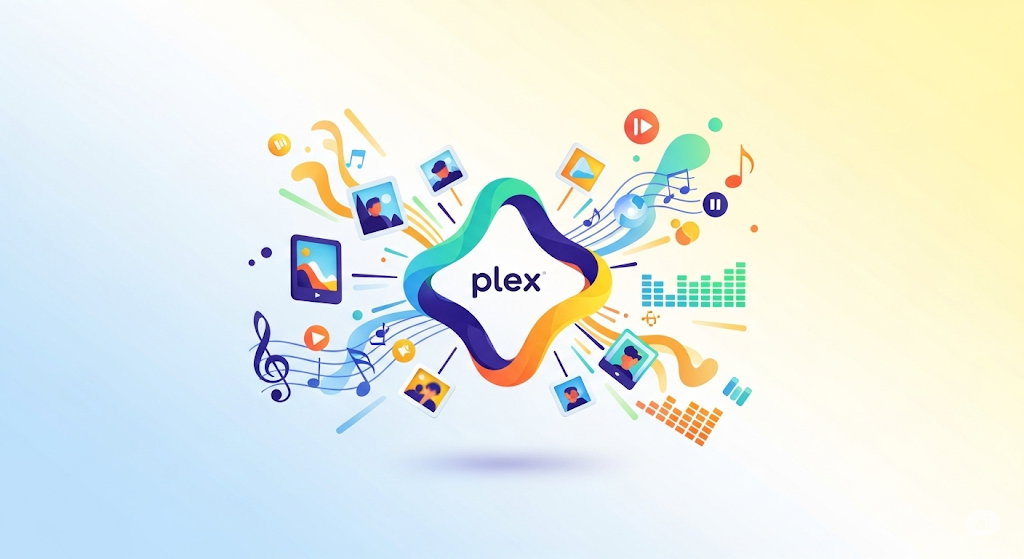
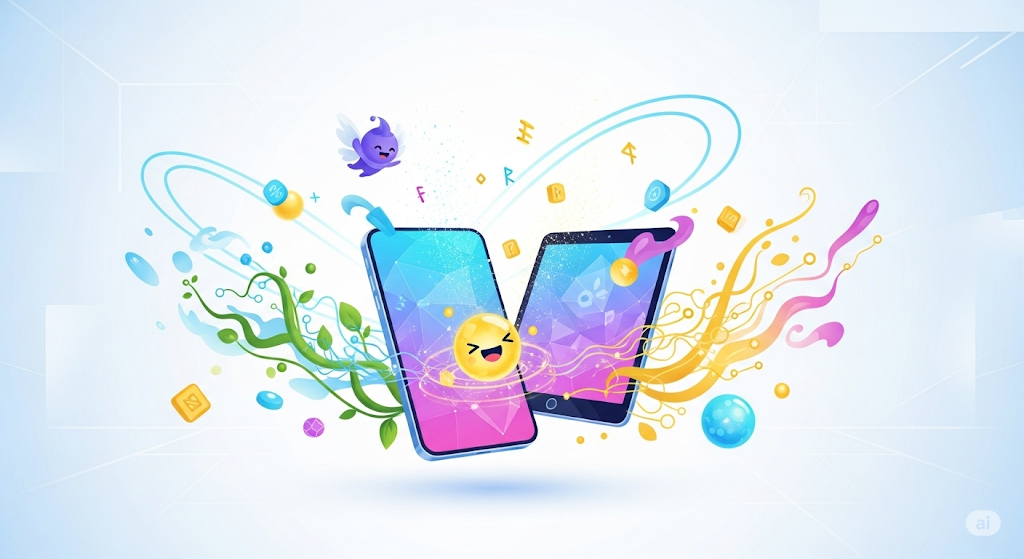
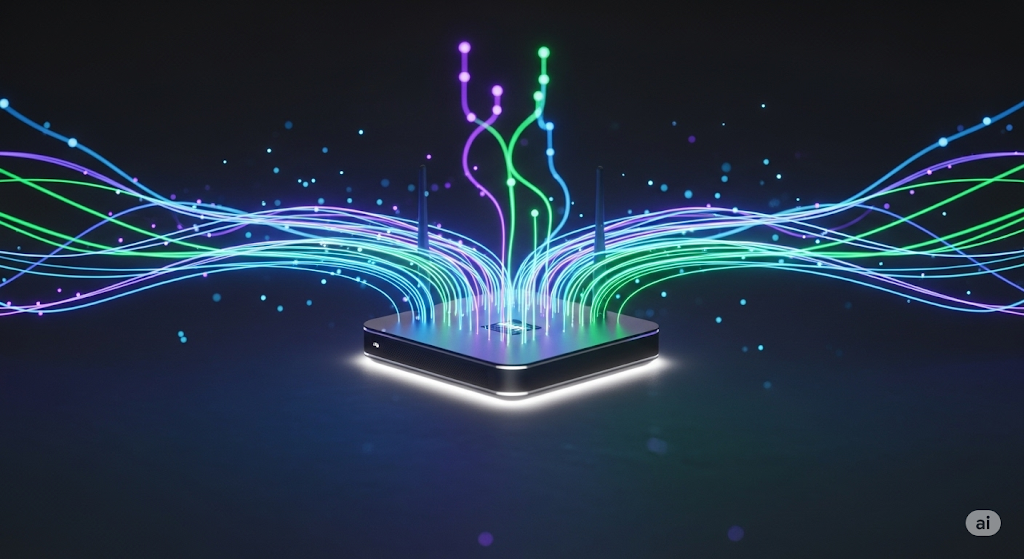

Leave a Reply